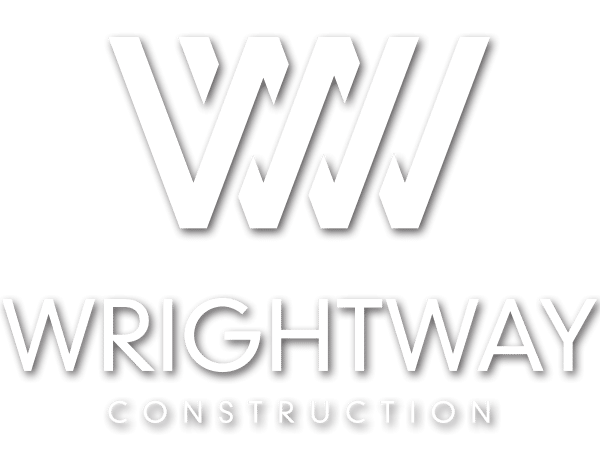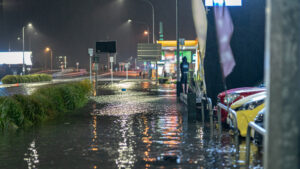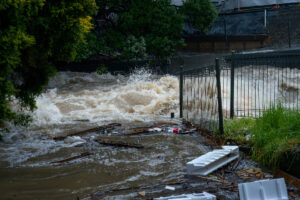Navigating Homeowner Responsibilities and Liabilities After Auckland Floods 2023
Introduction
The recent 2023 floods in Auckland have left many homeowners grappling with the aftermath. The challenges are numerous, from cleanup efforts to dealing with insurance companies, ensuring the safety of the property and doing everything within the current codes and regulations. In this two-part article series, we will explore the responsibilities and potential liabilities homeowners face in the wake of such a disaster.
Understanding Homeowner Responsibilities
When a flood occurs, homeowners are responsible for several key tasks. First and foremost, they must ensure the safety of all of those within the home and area. This might involve initially evacuating the property if it is severely damaged or unsafe. Remember, safety is a priority. Flooding coupled with damaged infrastructure can lead down a dark path.
Next, homeowners must report the damage to their insurance companies. Noting that, no doubt, it is an extremely emotional and high-stress time. However, this initial reporting is essential in beginning the process of repairing your family home. This process involves documenting the damage, often through photographs or video, and providing a detailed account of the event. It’s important to do this as soon as possible to expedite the claims process.
Cleanup is another major responsibility. This often involves removing water and damaged items, drying out the home, and disinfecting the area to prevent mould growth. In some cases, professional flood restoration services may be required. Companies like Wrightway offer specialist flood remediation response, assessing, scoping, and creating a quotation for urgent property repairs.
Key Responsibilities of Homeowners After a Flood:
- Ensure Safety: The first priority is to ensure the safety of all those that live within the dwelling. This may involve evacuating the property if it is severely damaged or unsafe. The priority should always be safety.
- Report Damage to Insurance Companies: Document the damage, preferably through photographs or video, and provide a detailed account of the event to your insurance company. The sooner this is done, the quicker the claims process can begin. Meaning the sooner your home can be fixed up and repaired.
- Begin Cleanup: This involves removing water and damaged items, drying out the home, and disinfecting the area to prevent mould growth. Ensure this is done correctly to avoid any future headaches when it comes to liabilities.
- Seek Professional Help if Needed: If the damage is extensive, professional flood restoration services may be required. Companies like ours at Wrightway can provide a specialist flood remediation response, including assessing the damage, scoping the work, and providing a quotation for urgent property repairs.
Remember, each of these steps is crucial in managing the aftermath of a flood effectively and ensuring the safety and restoration of your property.
Potential Homeowner Liabilities
If flood damage is not properly addressed, homeowners could face several potential liabilities. Further damage to the property is a major concern. For example, if water is not properly removed and the property thoroughly dried, it could lead to mould growth, which can further damage that insurers might look dimly upon. Plus, neglecting the property can pose major health risks.
Decreased property value is another potential liability. If repairs are not carried out properly, it could negatively impact the overall property’s value. This could be a significant issue if the homeowner plans to sell the property in the future.
Legal issues could also arise. For example, if a homeowner attempts to sell a flood-damaged property without properly disclosing the damage and any associated issues, they could face legal repercussions. Particularly if repairs were not conducted within the regulated building codes in New Zealand.
Key Potential Liabilities for Homeowners Post-Flood:
- Further Property Damage: If water isn’t properly removed and the property thoroughly dried, it could lead to mould growth and further damage.
- Decreased Property Value: Improper repairs can negatively impact the property’s value, which could be a significant issue if you plan to sell in the future.
- Legal Issues: If you try to sell a flood-damaged property without properly disclosing the damage and associated issues, you could face legal repercussions. Always be transparent about the property’s history.
Understanding Building Codes and Approvals
When dealing with flood damage, it’s crucial to understand the local building codes and approval processes. In New Zealand, the Building Act 2004 and the Building Code provide the regulations for building work, including repairs and renovations.
For instance, if the flood damage has compromised the structural integrity of your home, you may need to obtain a building consent for the repairs. This involves submitting a detailed plan of the work to your local council for approval. The Auckland Council has resources available to guide homeowners through this process.
It is important to note that, within the written codes, the interpretations in complex situations like the recent floods can differ. There can be confusion on what is and isn’t required when moving through the consent and approval process. We will be discussing this further in the second part of this series, as it is vital to understand when you do and do not need consent with particular repairs.
The Importance of Proper Flood Damage Management
Handling flood damage correctly is crucial for several reasons. Firstly, it helps prevent further damage to the property. Quick and effective cleanup can lessen the longterm impact of the flood and reduce the likelihood of issues like mould growth.
Secondly, proper flood damage management ensures the property is safe to inhabit. This involves checking for potential hazards like structural damage or electrical issues.
Finally, handling flood damage correctly helps maintain the property’s value. By ensuring repairs are carried out properly and promptly, homeowners can help preserve their property’s value and avoid potential issues down the line.
Helpful Resources for Homeowners
To assist homeowners in navigating the aftermath of a flood, we’ve compiled a list of helpful resources:
- Auckland Council Building Consents: Information on obtaining building consents for repairs and renovations.
- Building Performance: Comprehensive information on NZ building codes and regulations.
- Wrightway: Professional flood restoration and repair services.
- Citizens Advice Bureau: Free, confidential advice on a range of issues, including housing and legal matters.
Conclusion
Dealing with the aftermath of a flood can be a daunting task. However, understanding your responsibilities and potential liabilities can help you navigate this challenging time. Remember, companies like Wrightway are there to assist with flood damage management, helping you ensure your property is safe, damage is as minimal as possible, and your home is restored to its former condition. In our next article, we will delve into the complexities of NZ building codes in the context of post-flood repairs. Stay tuned!
Didn’t read part 1 of our guide to Auckland flood repairs? Click here



